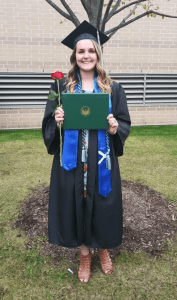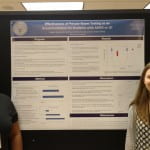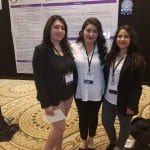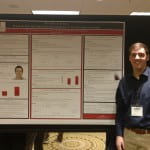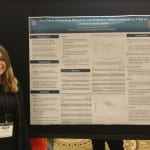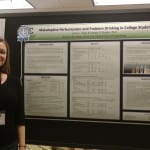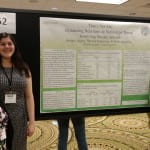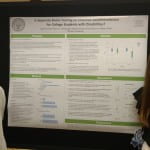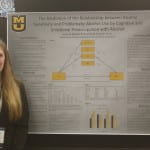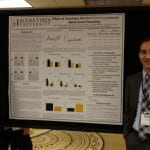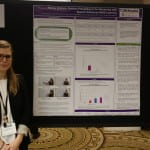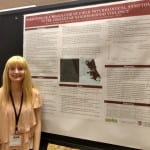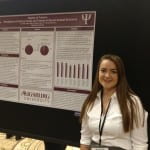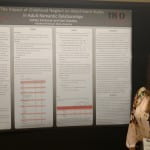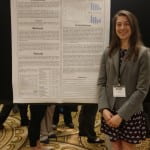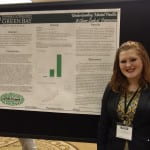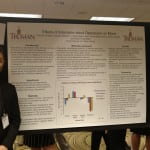Tessa Evenson
What first interested you in school psychology?
- During my time at UWGB I always looked for volunteer opportunities or jobs working with children so I could figure out exactly it was I wanted to do
- I started working at Tank Elementary my sophomore year in one of those afterschool programs, where I worked for my remaining years at UWGB
- I then completed the Camp Lloyd Internship, working with grieving children at a summer camp, and the Alternative Recess Internship, where I spent lunch with kids at an intermediate school.
- All of these experiences, with the help of the psychology program at UWGB, helped me decide what career path was right for me!
What did you learn in your undergraduate career that contributed to your current knowledge?
- At UWGB, I always felt that I could go to professor’s office hours to ask specific questions.
- I’m currently in a class that is statistics based, which I was super nervous for. However, I actually find myself raising my hand and answering questions often. I owe that to the knowledge I attained in my undergraduate classes.
- I also feel that UWGB really helped me understand culture, biases, stereotypes, and privileges. I have to use this understanding and knowledge every day in grad school and eventually every day when I become a School Psychologist.
Do you have any advice for any aspiring school psychologists?
- The best advice I have for aspiring school psychologists is to have strong relationships with undergraduate professors and to have as much experience as possible working with kids and being in the school environment, as a whole.
- I know of others who were not or were waitlisted because they did not have professors to write their recommendations and/or because they did not have as much experience or knowledge with the field.
- If you are interested in school psychology, set up a time to shadow a school psychologist and do your research on the profession.
- It is also ok if you do not attend graduate school right away. A lot of the people in my cohort took a year or even more off after undergraduate school to work in schools or with kids as paraprofessionals or in mental health facilities. One person in my cohort was actually a 2nd grade teacher before applying and another was a mental health counselor before deciding to apply for school psychology.
- Having a year or more to get some experience helps those people understand the content in class faster than me, since they have more experience in schools.
- School Psychology is a great career path for those who love working one-on-one with kids and those who have great interpersonal skills in collaborating with others.
For more information specifically on Graduate School see what advice Tessa has about graduate school related to school psychology.
